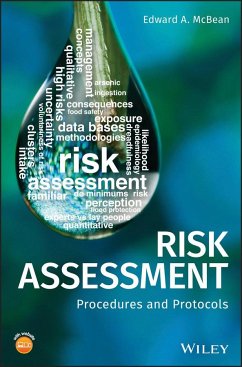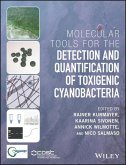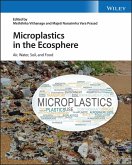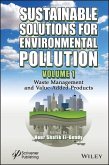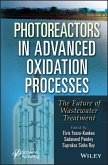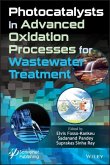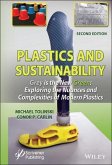A guide to the methodologies, typical mathematical notation, and assumptions used in risk assessment calculations
Risk Assessment describes the methodologies, the math, and assumptions needed in risk assessment calculations and explores the various statistical analysis procedures that are used for estimating the parameters employed in risk assessment approaches. The author--a noted expert in the field--outlines a logical step-by-step approach to assessment: Identify a hazard; Analyze the risk associated with that hazard; and Determine if the elimination, or control of the risk is warranted. The text puts the focus on assessing environmental risk and describes the basics used in hypothesis testing to determine when there are differences in environmental quality at various locations.
The author describes statistical techniques in approachable terms that are designed to be understandable to the non-statistician. The text downplays mathematical notation while offeringclear explanations for the development of equations. It highlights applications with numerous examples of problems of censored data as they influence the use of alternative tests. In addition, the text focuses on both parametric and non-parametric procedures. This important resource:
_ Describes in understandable terms the methodologies, typical mathematical notation, and assumptions used in risk assessment calculations
_ Explores the fundamental calculation procedures and approaches for risk characterization
_ Contains a wealth of example problems of interpretations of environmental monitoring results and shows how each procedure is used
_ Includes problems at the end of each chapter that stress the fundamental concepts outlined
Written for senior undergraduate and graduate students and as a course text in engineering, Risk Assessment offers a guide to the fundamental calculation procedures and methodologies for characterizing risk in clear and accessible terms.
Risk Assessment describes the methodologies, the math, and assumptions needed in risk assessment calculations and explores the various statistical analysis procedures that are used for estimating the parameters employed in risk assessment approaches. The author--a noted expert in the field--outlines a logical step-by-step approach to assessment: Identify a hazard; Analyze the risk associated with that hazard; and Determine if the elimination, or control of the risk is warranted. The text puts the focus on assessing environmental risk and describes the basics used in hypothesis testing to determine when there are differences in environmental quality at various locations.
The author describes statistical techniques in approachable terms that are designed to be understandable to the non-statistician. The text downplays mathematical notation while offeringclear explanations for the development of equations. It highlights applications with numerous examples of problems of censored data as they influence the use of alternative tests. In addition, the text focuses on both parametric and non-parametric procedures. This important resource:
_ Describes in understandable terms the methodologies, typical mathematical notation, and assumptions used in risk assessment calculations
_ Explores the fundamental calculation procedures and approaches for risk characterization
_ Contains a wealth of example problems of interpretations of environmental monitoring results and shows how each procedure is used
_ Includes problems at the end of each chapter that stress the fundamental concepts outlined
Written for senior undergraduate and graduate students and as a course text in engineering, Risk Assessment offers a guide to the fundamental calculation procedures and methodologies for characterizing risk in clear and accessible terms.

